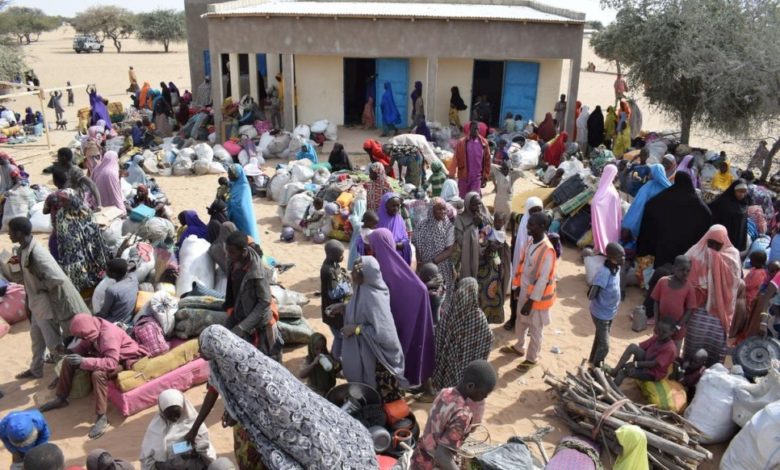World Bank Gives Chad US$75 Million To Support Communities Hosting Refugees

The World Bank has today approved a grant of US$75 million from the International Development Association (IDA) to Chad to enable the country to reinforce its capacity to take care of the refugees in its territory as well as assist the communities hosting those fleeing violent conflicts.
The amount is additional financial assistance within the context of the Support Project to Refugees and Host Communities popularly known by its French acronym PARCA, which funds are derived from the sub-regional counter IDA-19 for refugees and host communities.
“This project would considerably augment the assistance to refugees as well as poor and vulnerable Chadian households”, revealed Rasit Pertev, the Officer in charge of Operations for Chad in the World Bank.
“It is estimated that 495,000 supplementary persons could benefit from monetary transfers, productive inclusion activities and accompanying measures. This operation would equally ameliorate the access to social services and augment investments in the rehabilitation or the construction of new public service infrastructures”, the World Bank official declared.
These additional funds would permit access to health and educational services as well as the programmes for the transfer of money or accompanying productive activities and enlarge the zone of coverage to four additional provinces namely Wadi-Fira, Mandoul, Ennedi-Est and Middle Chari in addition to the first three retained –Logone Oriental, Ouaddai and Lake.
Meanwhile, the project could guarantee the same access to social protection and other social services to refugees and the rest of the population. Thus, it would sustain the putting into place of law on asylum once it is approved and it would support the government in the elaboration of a new strategy for social protection which includes the refugees and the putting into place of the objectives of specific activities of the new context of global action for the refugees.
The PARCA is aligned to the institutional strategy of the World Bank Group on the conflicts of fragility and violence which gives priority to the full inclusion of the most vulnerable populations, including the refugees and the host communities when the impact of conflict spreads across the borders of the country.
The putting in place is done in active partnership with several agencies including the United Nations High Commission for Refugees (HCR), the World Food Programme (WFP), the Directorator-General for Civil Protection and Humanitarian Aid Operations of the European Union as well as other concerned agencies.
Support Our Journalism
There are millions of ordinary people affected by conflict in Africa whose stories are missing in the mainstream media. HumAngle is determined to tell those challenging and under-reported stories, hoping that the people impacted by these conflicts will find the safety and security they deserve.
To ensure that we continue to provide public service coverage, we have a small favour to ask you. We want you to be part of our journalistic endeavour by contributing a token to us.
Your donation will further promote a robust, free, and independent media.
Donate HereStay Closer To The Stories That Matter




